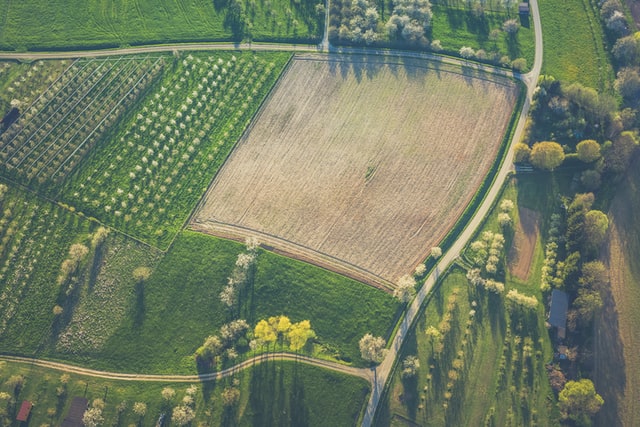Call for proposals: Small projects
Project duration: 14 Feb 2022–14 Feb 2023
Project budget: 20,000.00 EUR
Conventional agriculture is a major polluter of the environment and makes an important contribution to climate change, accounting for about a quarter of all greenhouse gas emissions. At the same time, it has a negative impact on biodiversity and natural resources – water and soil – and poses potential threats to human health, as conventionally grown food often contains residues of phyto-pharmaceutical products – pesticides –, hormones or even GMOs. The share of organic farm areas among agricultural producers in Slovenia is growing too slowly. This means we will not achieve the necessary negative impact reduction of conventional agriculture on the environment and nature.
Precisely because of the paramount importance of the growth of organic farming in achieving the key environmental, conservation and health goals, the EU has set the target of at least 25% of EU agricultural land to be farmed organically by 2030 under its Farm to Fork strategy. It is the most important EU document for food policy under the European Green Deal, where organic farming is clearly highlighted as a way to completely reverse these negative trends. To achieve this goal the full commitment of all member states is important, which presents an extremely great challenge for Slovenia, since in 2020 only 11% of land was farmed organically. In addition to the general slow progress, it is particularly worrying that the number of organic farms has even been stagnating in recent years.
The experience of the most successful countries in the field of organic farming – such as Austria, ranking first in the EU with 26% of ecological land – shows that a strong, high-quality and motivated support environment is needed for a real breakthrough. This consists of strong political and financial support for organic production and consumption, quality and motivated professional support of farmers and other actors and awareness of the whole society.
In 2022, the year of many elections, the project will therefore actively inform the state and local political parties and candidates about the overall importance of organic farming, and encourage them to express their support for organic farming and its development in Slovenia. The project will try to gain political support before, and especially after the elections, especially when it comes to the implementation of nutrition policies within all relevant institutions, for example ministries.
In the Association of Organic Farmers of Slovenia we will actively participate in creating a new model of a professional organic farming promotion service in Slovenia. So far, this service has been in the domain of only one actor, the Chamber of Agriculture and Forestry of Slovenia (CAFS); this turned out to be too weak and insufficiently motivated. We want to strengthen the position of organic farmers within this service on the basis of guidelines provided by the most successful countries that clearly say that the participation of organizations committed exclusively to organic farming is necessary in these activities. By applying this guideline we expect to see a significant improvement in motivation, quality and the scope of promotion activities, and thus also performance.
By enhancing the presentation of organic farming to the public and among (conventional) producers and transferring the good practices from the Czech Republic (Pro-Bio partner) and Austria, we will contribute to increasing the number of organic farmers in the short and long term.
Contact person: Uroš Brankovič






